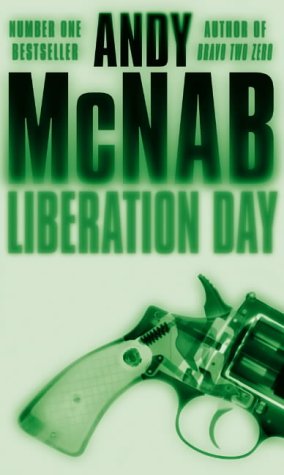The Diary Of A Wimpy Kid

Having had it recommended in a number of places, I was really looking forward to reading Diary of a Wimpy Kid
by Jeff Kinney, and being that it was nice and short and unlikely to make me consider my own mortality, I thought I would give it a go.
I have to confess to being seriously disappointed. I think the main problem is that Greg, the main character is just, well if I am being polite, not a very nice kid. It is meant to be an amusing look at how Gregory misinterprets situations, whilst always believing he is pretty much the centre of the universe. Now this may not be that unusual for a child of his age, but I fail to find any redeeming aspect to his character. He is abusive and bullying to his dim-witted best friend Rowley, he is not nice to his younger brother, he is ungrateful to his parents when they clearly gone beyond what they can afford on his Christmas present. Yet the author seems to want us to side with this spoilt brat and thus allows him to come out on top.
What is worse is that it just was not funny. It was written with no concept of subtlety and generally left me wanting more.
I know that it is a kid’s book, but there are many kids books that do have sub text, that do have subtlety, and characters with far more depth and more importantly (to me at least) seem to adhere to a sense of justice.
But as I say, I have had this book recommended to me by adults that I actually respect, so if you have read this book, and liked it … tell me what I am missing, what are it’s saving graces?
Once
 After the banality of the Wimpy Kid, I decided to prove to myself that books aimed at children did not need to be thought free fluff, and instead deciced to move to the other end of the spectrum and grab a copy of Once
After the banality of the Wimpy Kid, I decided to prove to myself that books aimed at children did not need to be thought free fluff, and instead deciced to move to the other end of the spectrum and grab a copy of Once by Morris Gleitzman.
This story is about a young Jewish boy named Felix. When the story starts off, we find Felix unknowingly taking refuge in a Catholic run orphanage in Poland. The adults around him decided that he is too young to understand the horrors that are happening in the outside world, so they tell him that his parents (who run a book shop) have left him there while they go off to find some rare books. So when the Nazi’s come to the orphanage and Felix witnesses them burning books, his mind goes already highly active imagination goes into overdrive and he concludes that they hate books and he needs to escape the orphanage to return to his parents shop so as to protect the books.
With no real understanding of what is going on Felix tells a story of brutality and persecution through the innocent eyes of a small child.
This is one of those books that, whilst I could have empathised with the story prior to having children, now had me captivated, horrified and sickened, yet totally unable to stop reading.
Whilst being in no way comfortable reading, it is another book that is defiantly makes the reader think.
Liberation Day
 Continuing in the vein of reacting to the previous book, I decided to get a book that really was not likely to make me think.
Continuing in the vein of reacting to the previous book, I decided to get a book that really was not likely to make me think.
One of my guilty little pleasures is that regardless of just how low brow they may be, I really do enjoy reading the books of Andy McNab. I started with Bravo Two Zero which his non-fiction (although reportedly exaggerated) account of the SAS team of that name and their failed mission in Iraq in the first Gulf War.
He as since that gone on to write a fictional series based on the character Nick Stone, and I am slowly making my way through the this series. Liberation Day is the fifth book in the series and takes place 2002 in a post 9/11 world, where Nick has been charged with thwarting Al-Qaeda’s attempts to move money from Europe to Algeria, and thus preventing a planned attack on US civilians.
As I said, War and Peace it is not. However it is the literary equivalent to watching a Die-Hard film …. Just turn the Brain off and let it happen … A far more enjoyable experience than you may otherwise have credited.



 Posted by Mr Geek
Posted by Mr Geek  Well they do say that you can take a horse to water…
Well they do say that you can take a horse to water… My latest adventure through the Discworld was
My latest adventure through the Discworld was  Gaaarrhhh!!!
Gaaarrhhh!!!



